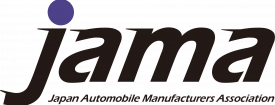Leaders in Innovation
For over 50 years, Japanese-brand automakers have led by example by investing in researching, designing, and developing highly innovative products here in the U.S. This effort not only allows for Japanese-brand automakers to build the kinds of high-quality products U.S consumers demand but also helps boost U.S. competitiveness through creative partnerships with U.S. educational institutions, research organizations.
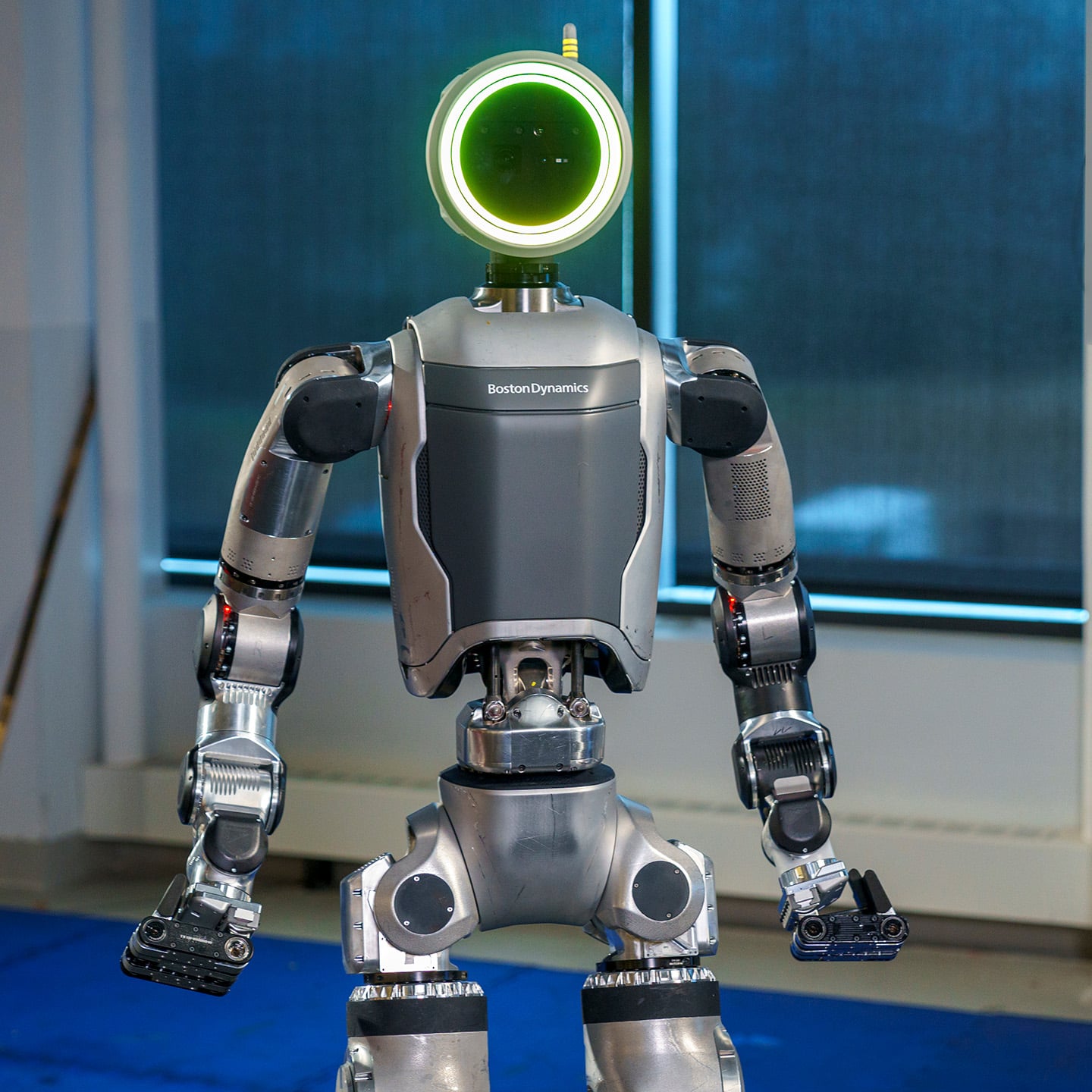
Toyota
The next generation of humanoid robots are coming and they might be a Toyota. Toyota Research Institute and Boston Dynamics are collaborating to take the Atlas Robot to the next level.

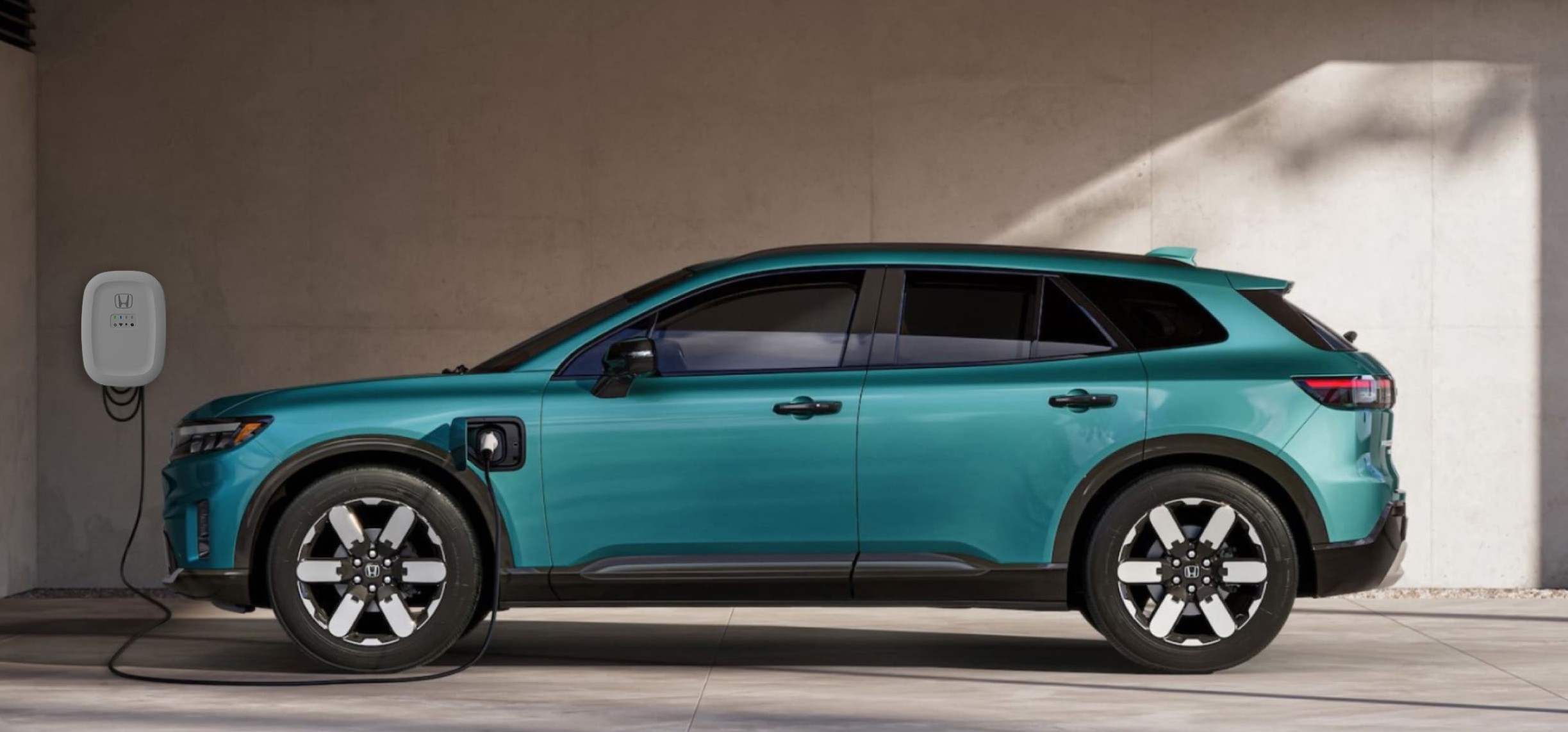
Honda
Honda joins forces with Ford and BMW to form ChargeScape, a software platform to integrate electric vehicles (EVs) into the power grid, shoring up grid stability while saving drivers money.

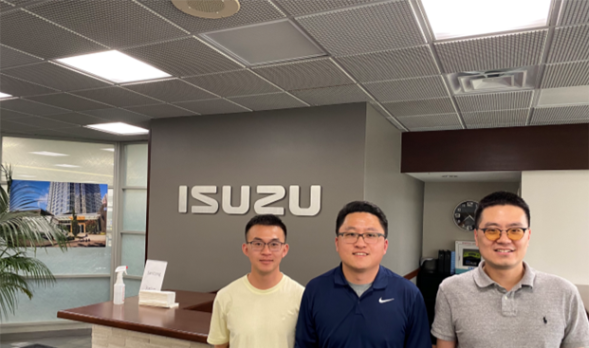
Isuzu
Isuzu R&D collaborates with a number of research partners and schools such as the Southwest Research Institute (SWRI) and the University of Michigan. And in 2023, three researchers from Isuzu were honored by IEEE for their work on autonomous vehicle path tracking

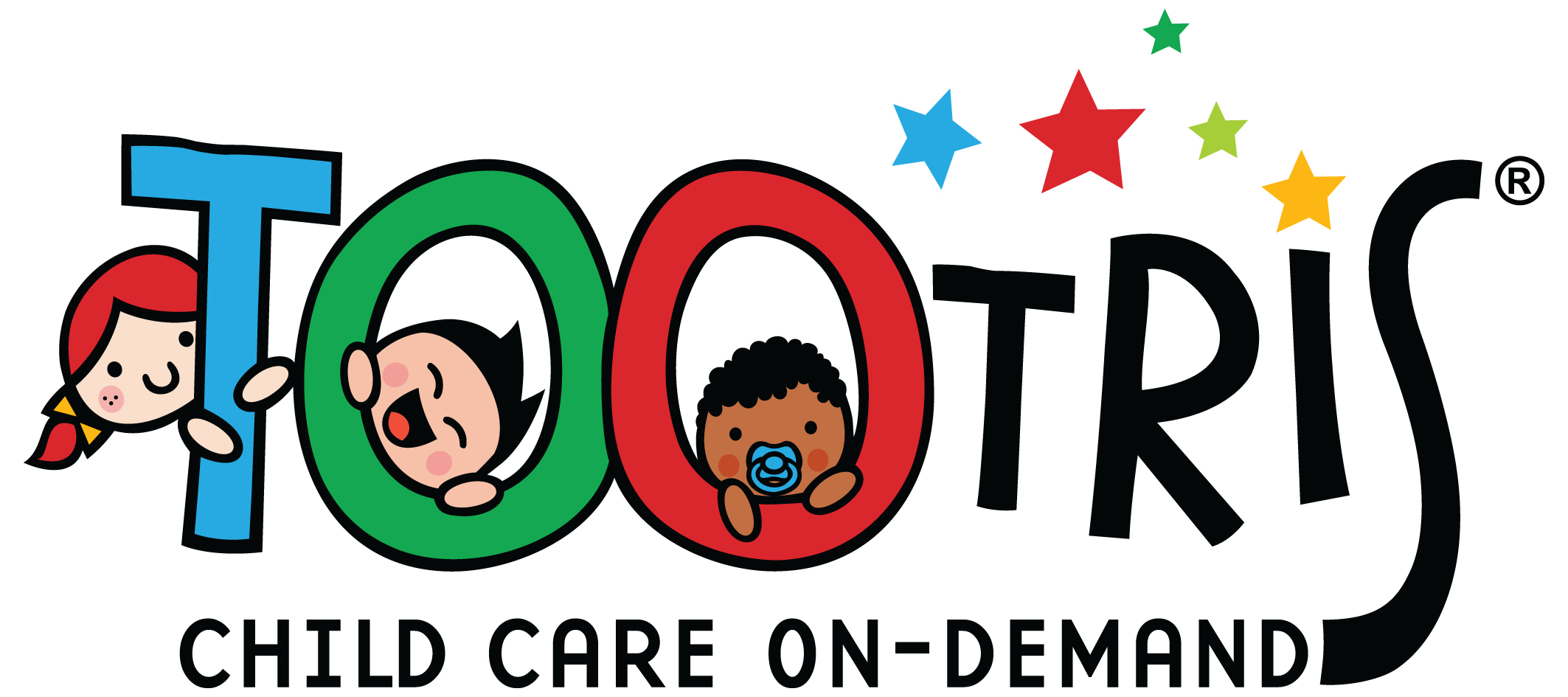
Mazda
Innovation has many forms, and Mazda-Toyota manufacturing in partnership with TOOTRiS has embraced an innovative child car program to help address the needs of their employees by ensuring they have access to high quality and affordable child care.

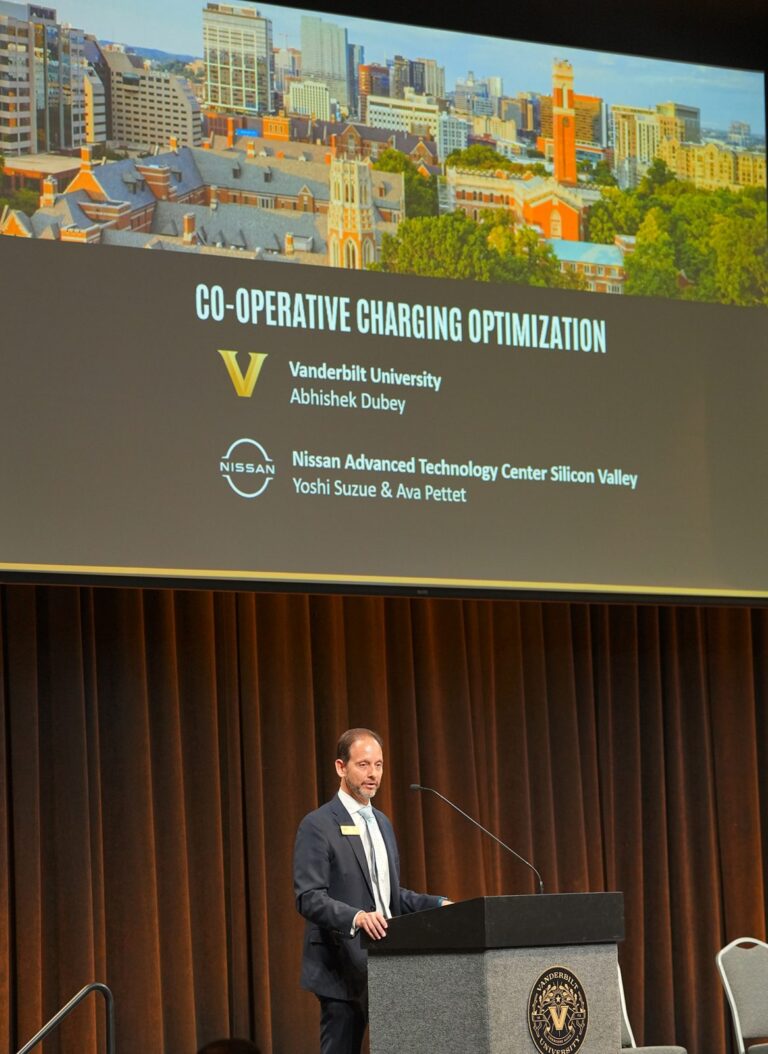
Nissan
Nissan and Vanderbilt continue to strengthen their partnership through a year- long project showcase where students and Nissan employees can work together to push boundaries and foster innovation in a wide range of disciplines.

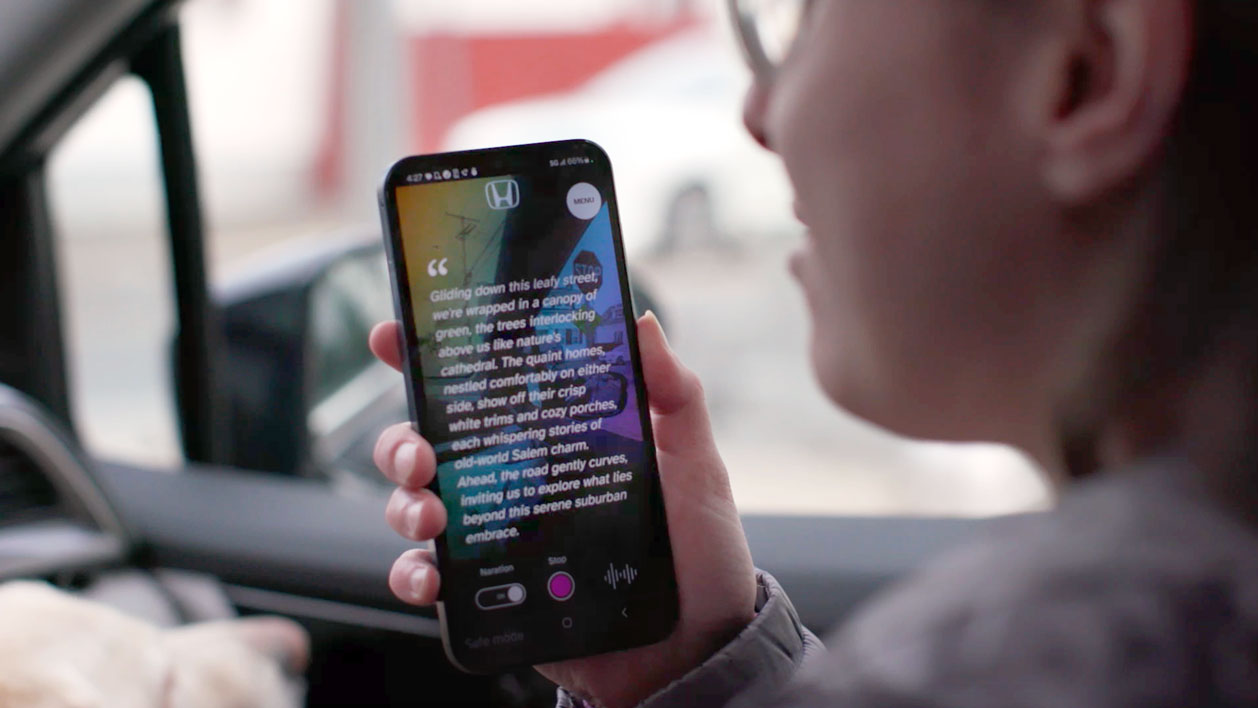
Honda
In April 2024, Honda developed an innovative web application utilizing AI technology to help expand the joy of the journey to the blind and visually impaired by creating and narrating nuanced real-time scenic audio descriptions of the world outside their car window. The Honda Scenic Audio app uses a combination of computer vision, generative AI, satellite imaging, and a multitude of other technologies and sources, including geotargeting and weather reports, to create a meticulously detailed, scenic narrative of what is taking place outside of the car window on a road trip or scenic drive, going beyond the basics of dictating the scenery.


Subaru
On September 19, 2023, Subaru announced it partnered with Discovery Education, the worldwide leader in education solutions, along with a few other organizations to launch the Sustainability Education Coalition. This first-of-its-kind initiative is focused on empowering over 10 million students by 2030 to serve as ambassadors for sustainability by providing the digital resources K-12 students need to make informed decisions and take responsible actions supporting sustainability.

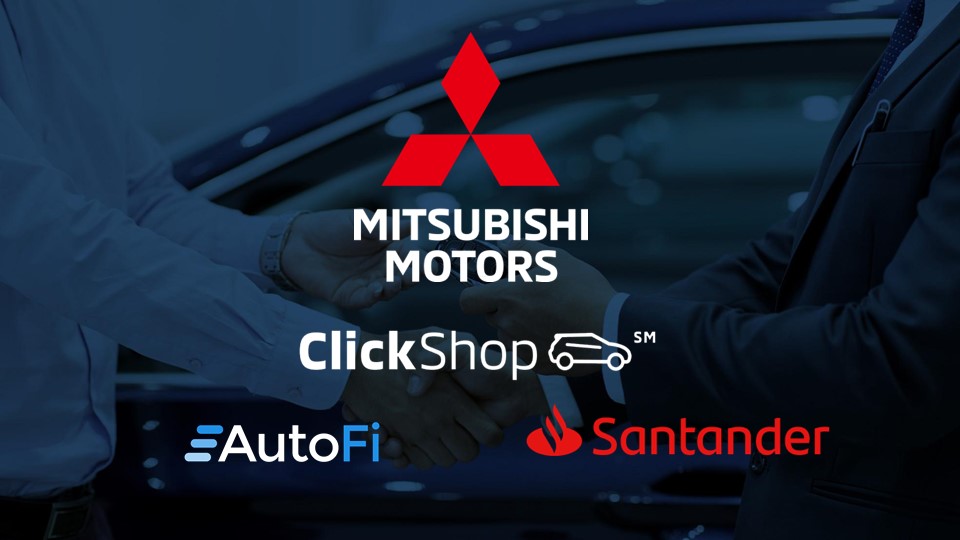
Mitsubishi Motors
In February 2024, Mitsubishi announced the release of ClickShop 2.0, an industry-first digital solution that connects the car-buying journey from Mitsubishi Motors' Tier-1, and its dealer partner's Tier-3, websites directly to the Mitsubishi dealer showrooms. All this ensures that consumers are more capable of finding the right car for them and within their budgets. Innovation isn't just limited to the vehicle, it can also be about the consumer retail experience.

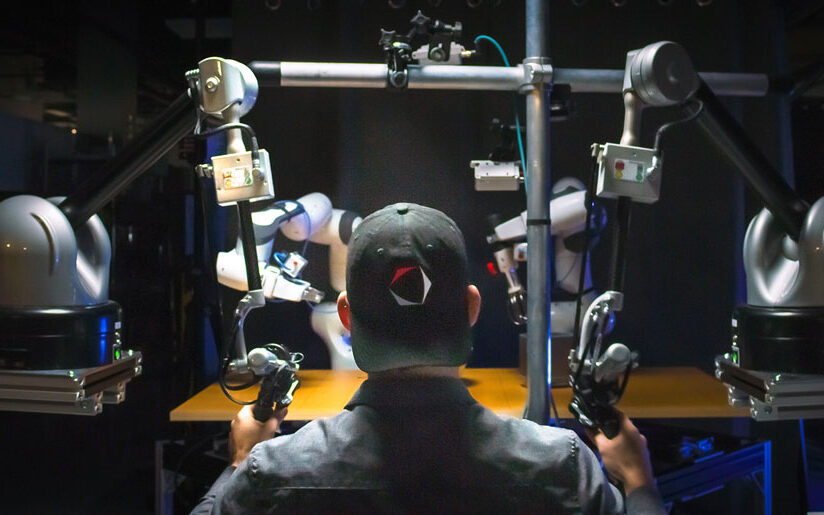
Toyota
In 2023, the Toyota Research Institute (TRI) in Silicon Valley and Cambridge Massachusetts, announced a breakthrough generative AI approach based on Diffusion Policy to quickly and confidently teach robots new, dexterous skills. Previous state-of-the-art techniques to teach robots new behaviors were slow, inconsistent, inefficient, and often limited to narrowly defined tasks performed in highly constrained environments.TRI has already taught robots more than 60 difficult, dexterous skills using the new approach, including pouring liquids, using tools, and manipulating deformable objects. Building on this success, TRI has set an ambitious target of teaching hundreds of new skills by the end of the year and 1,000 by the end of 2024.

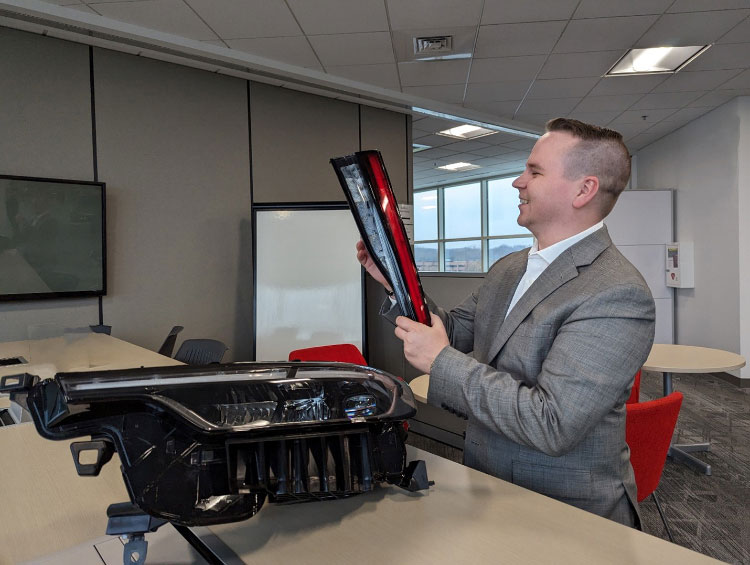
Nissan
In 2023, Nissan enhanced their headlight technology as part of its mission to protect people and help drivers avoid risky situations. The increased illumination of LED (light-emitting diode) headlights have created a dilemma: It allows drivers to see more clearly ahead, but can cause additional glare for drivers in the oncoming lane. At the Nissan Technical Center North America in Farmington Hills, Michigan, the company has been working on innovative new designs that allow for better positioning of the brightest portion of the light and even interesting and innovative styling.

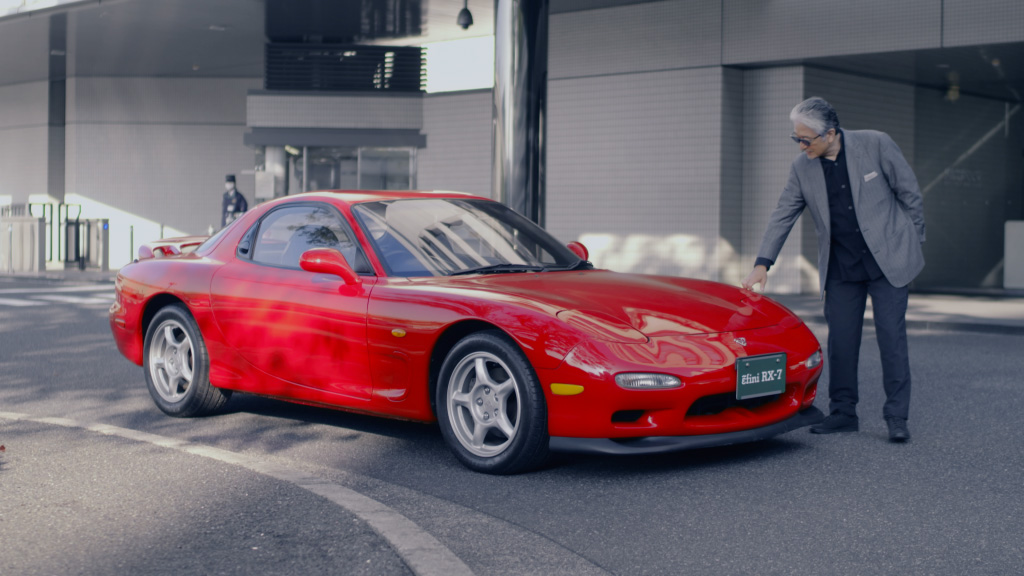
Mazda
In 1991 Mazda and Bose began a technology partnership that has spanned three decades and numerous car models. Since Mazda and Bose first started working together on the third-generation Mazda RX-7 thirty years ago, the two companies have continued to collaborate on innovative premium sound solutions that contribute to a superior driving experience. Put together, the power of sound and the joy of driving deliver an outstanding and engaging customer experience that lets passengers feel all the acoustic detail and emotional impact of a live concert inside their own car.

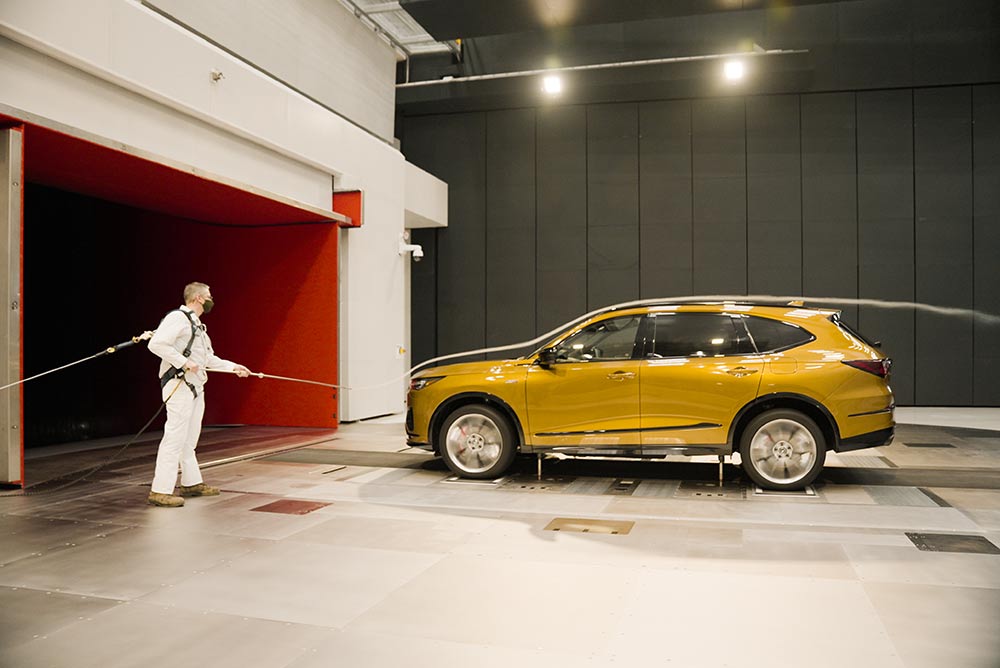
Honda
In 2022 Honda opened a state-of-the-art $124 million wind tunnel facility, Honda Automotive Laboratories of Ohio (HALO), located at the Transportation Research Center in East Liberty, Ohio. Coupled with the company's advanced safety research center, the wind tunnel provides Honda's R&D engineers with two world-class facilities to design and develop the vehicles of the future.

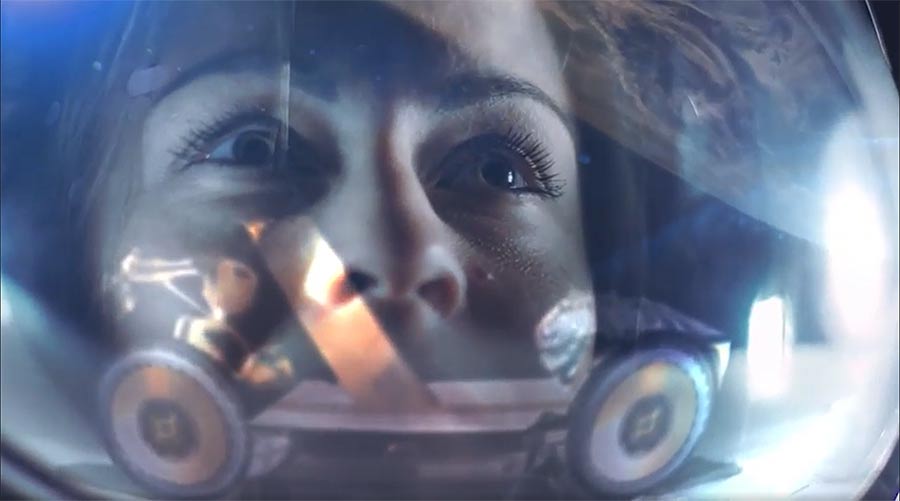
Nissan
Engineers from Nissan North America are partnering with Sierra Space to help design a crewed Lunar Terrain Vehicle to be used in future exploration of the moon. This is an extension of the work Nissan has already done with NASA and will help the company explore the possibilities offered by autonomy and teleoperations, power management systems, vehicle connectivity, and human-machine interface.

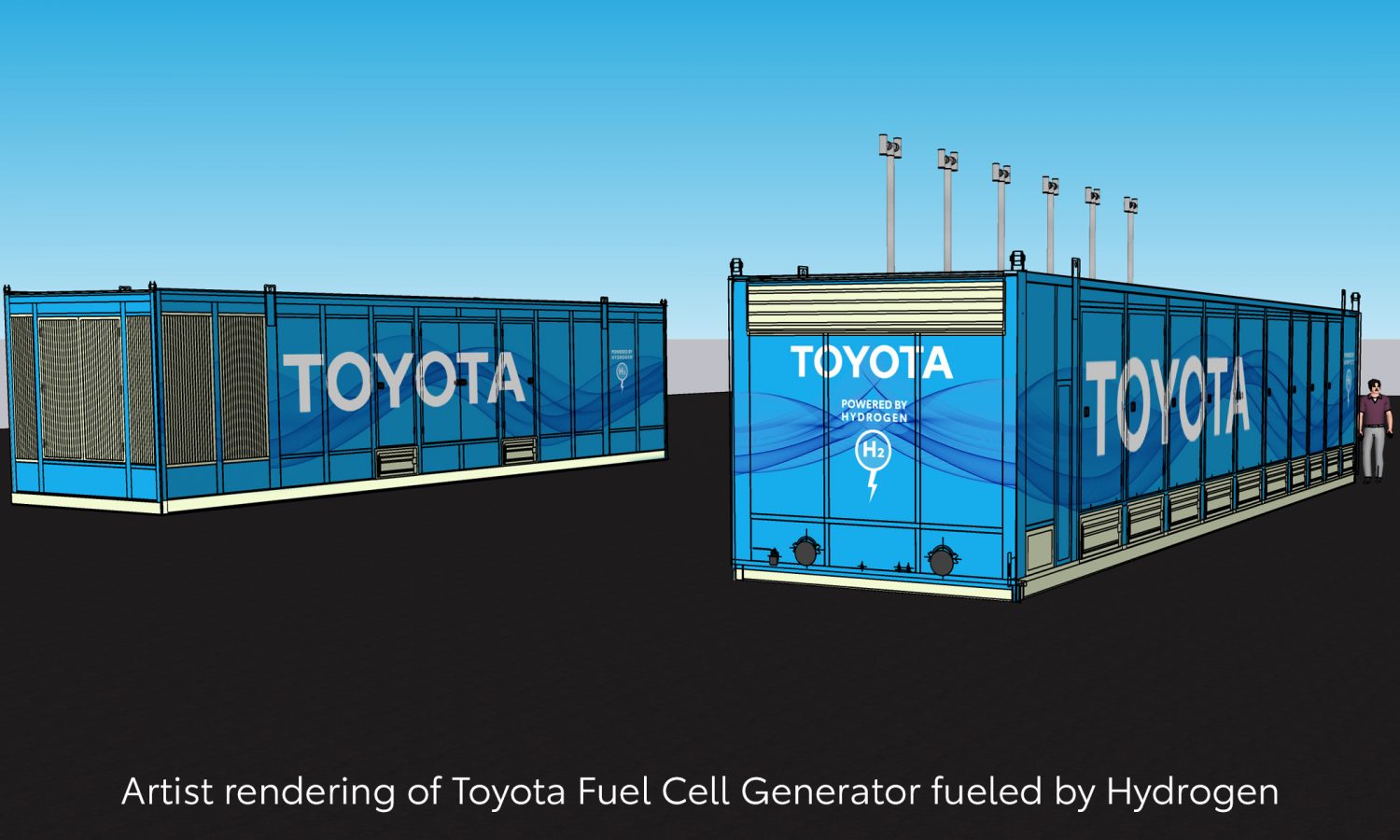
Toyota
Toyota Motor North America (Toyota) is collaborating with the U.S. Department of Energy’s (DOE’s) National Renewable Energy Laboratory (NREL) to build, install and evaluate a 1-megawatt (MW) proton exchange membrane (PEM) fuel cell power generation system at NREL’s Flatirons Campus in Arvada, Colorado. This 3-year, $6.5 million collaboration is funded in part by DOE’s Hydrogen and Fuel Cell Technologies Office in the Office of Energy Efficiency and Renewable Energy and supports DOE’s H2@Scale vision for clean hydrogen across multiple applications and economic sectors.



